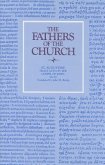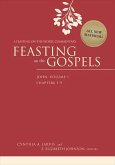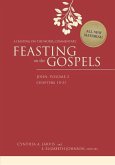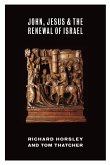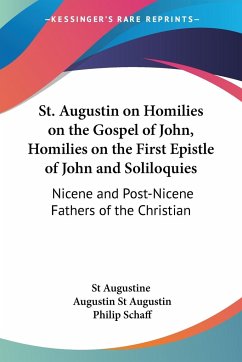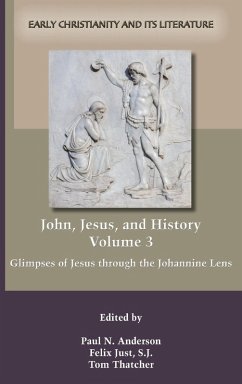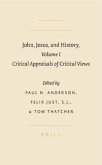This is the fourth of five volumes of John W. Rettig's translation of St. Augustine's Tractates on the Gospel of John. In the Tractates, Augustine progressively comments on the Gospel text, using a plain yet compelling rhetorical style. With the keen insight that makes him one of the glories of the Latin church, he amplifies the orthodox doctrinal and moral lessons to be read therein. Modern scholars generally concede that Tractates 55-111 fall within a distinct group thought to have been composed between A.D. 414 and 420. In them Augustine deftly employs the sacred text to defend the teaching of Nicene orthodoxy. Among the more noteworthy theological features upon which the reader can focus is a defense of the much controverted Filioque in Tractate 99. There is also an examination of the paradoxes inherent in the Incarnation: the entrance into history of an immanent and transcendent God the Word; the union of that Word with human nature; how that union in the Person of Christ does not confound or diminish either Nature. No less significant is Augustine's examination of predestination, the mystery of the elect, love of God as the fruit of contemplation, the Eucharist as the source of the martyr's strength, the divine Nature, and a score of other topics that remain significant in the discussion of the development of dogma. In these Tractates Augustine comments upon a discrete portion of the sacred text: the Last Supper and the priestly prayer of Jesus. The reader is left, in the end, in a state of watch with the Savior for his impending Passion, Death, and Resurrection, which will be discussed in the last volume of the Tractates.
Hinweis: Dieser Artikel kann nur an eine deutsche Lieferadresse ausgeliefert werden.
Hinweis: Dieser Artikel kann nur an eine deutsche Lieferadresse ausgeliefert werden.


